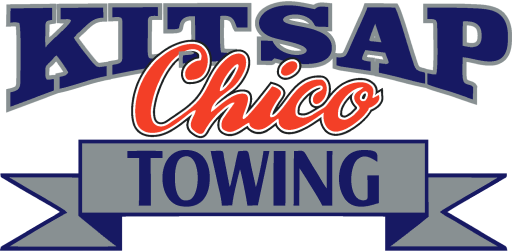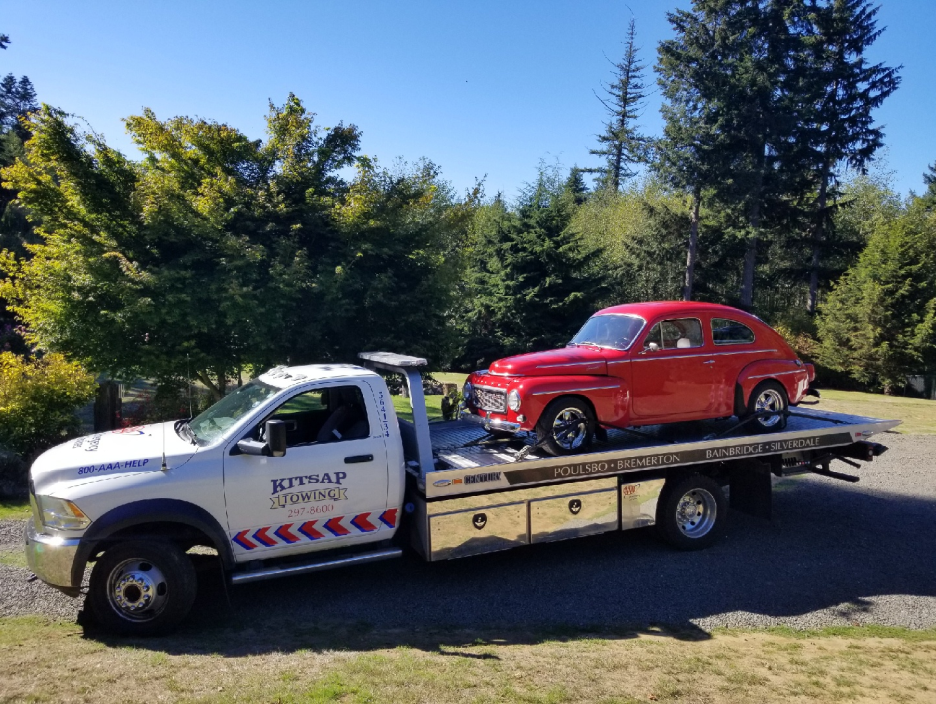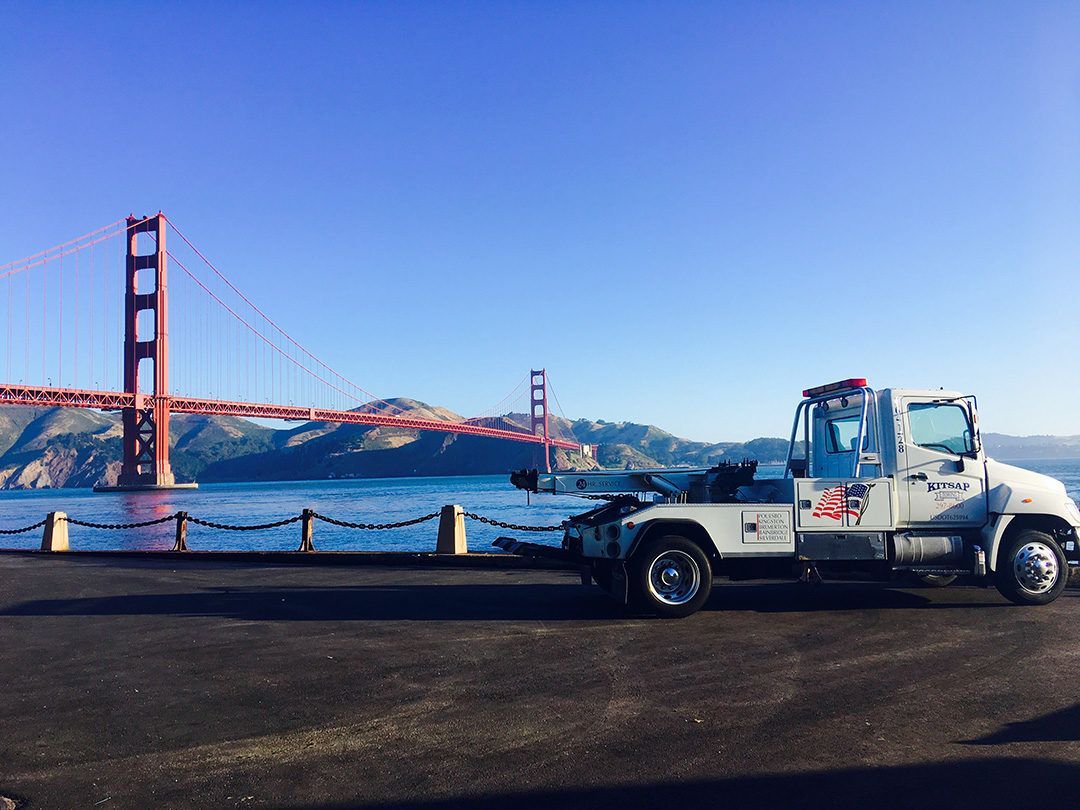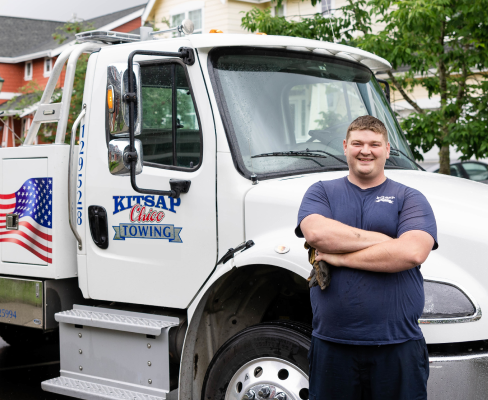-
1. Specialized Equipment
Heavy equipment towing requires specialized towing vehicles and equipment designed to handle the weight and size of the machinery being transported. These vehicles are often heavy-duty trucks or semi-trucks equipped with powerful engines and heavy-duty towing gear.
-
2. Towing Capacity
The towing capacity of the towing vehicle is crucial. It needs to match or exceed the weight of the heavy equipment being towed. Heavy-duty tow trucks are often equipped with winches, hydraulics, and other mechanisms to handle the weight of the load.
-
3. Safety Precautions
Safety is our top priority in heavy equipment towing. We secure the load properly to prevent shifting during transport. Safety measures also include using appropriate rigging and securing points on the equipment.
-
4. Permits and Regulations
Transporting heavy equipment often requires permits and compliance with local and state regulations. This includes adhering to weight limits, securing necessary permits, and following safety guidelines established by transportation authorities.
-
5. Route Planning
The route taken for towing heavy equipment must be carefully planned. We consider factors like road conditions, low-clearance obstacles, and bridges with weight limits. Escorts or pilot vehicles may be needed to ensure safe transport.
-
6. Loading and Unloading
Heavy equipment may need to be loaded and unloaded onto a trailer or flatbed truck using specialized equipment such as hydraulic ramps, cranes, or a combination of both. This process requires skilled operators to ensure the equipment is securely positioned for transport.
-
7. Wide Range of Equipment
Heavy equipment towing is used for a wide range of machinery, including bulldozers, excavators, cranes, tractors, farm equipment, industrial machinery, and more. Each type of equipment may require specific towing procedures and equipment.
-
8. Emergency Towing
In some cases, heavy equipment towing is required in emergency situations, such as when a piece of machinery breaks down on a construction site or roadway. Prompt response and recovery are essential to what we do at Kitsap Chico Towing.
-
9. Specialized Trailers
Depending on the type of equipment being transported, specialized trailers may be used, including lowboy trailers, flatbed trailers, and extendable trailers. These trailers are designed to accommodate various sizes and shapes of heavy equipment. We have our own Landoll Trailer to accommodate most requests.
-
10. Professional Towing Services
Due to the complexity and safety considerations involved in heavy equipment towing, we at Kitsap Chico Towing have decades of experience to help serve your needs.
In conclusion, heavy equipment towing is a complex and highly specialized task that involves transporting large and heavy machinery and equipment safely and efficiently. It requires specialized vehicles, equipment, trained operators, and adherence to safety regulations to ensure the successful relocation of heavy equipment while minimizing the risk of accidents and damage.
Equipment Towing
Heavy equipment towing refers to the process of transporting large and heavy machinery, vehicles, or equipment from one location to another using specialized towing equipment and vehicles. This type of towing is typically required for moving construction equipment, industrial machinery, agricultural implements, and other oversized loads that cannot be transported on their own. Here are the key aspects of heavy equipment towing:
Loading ...
Missing nap lines data / Error occured while getting the data.




